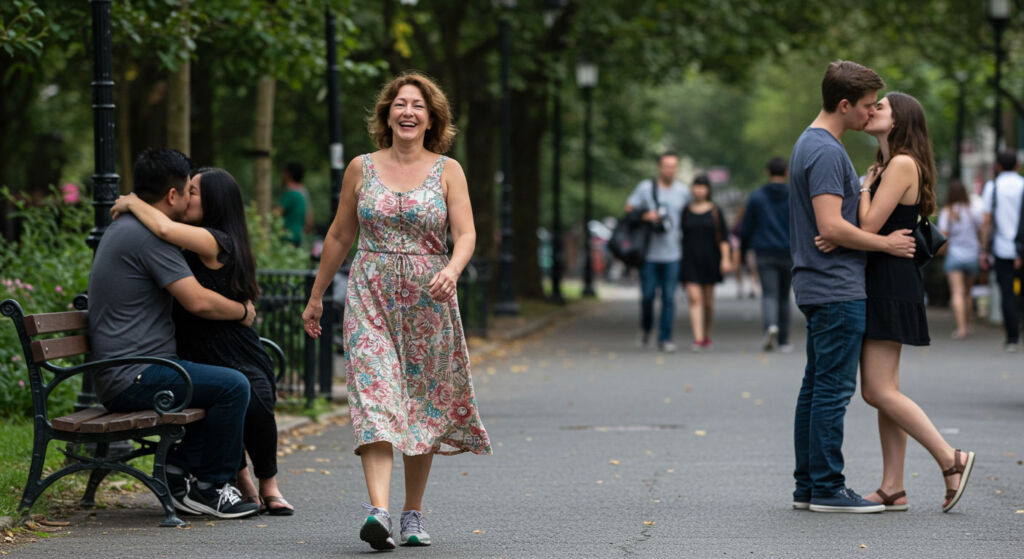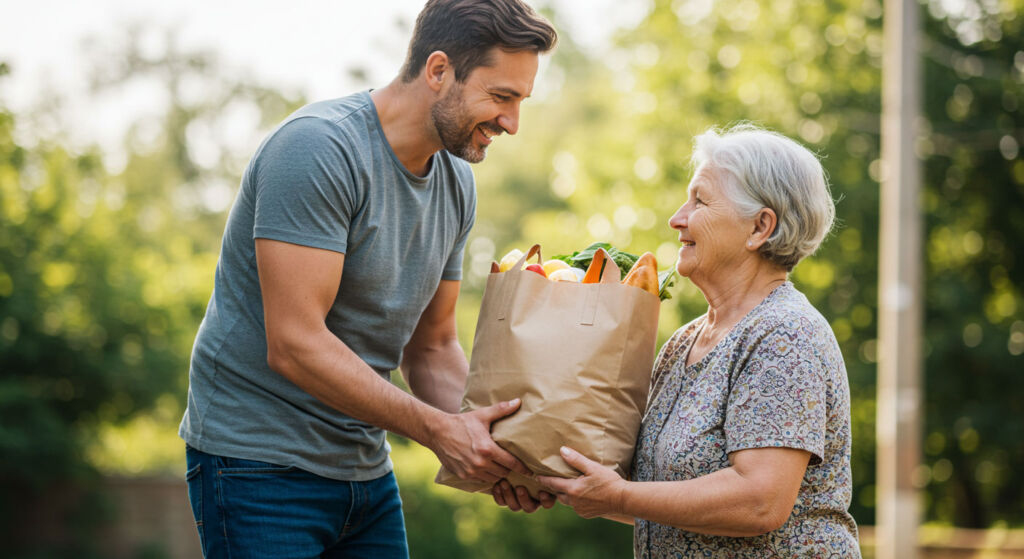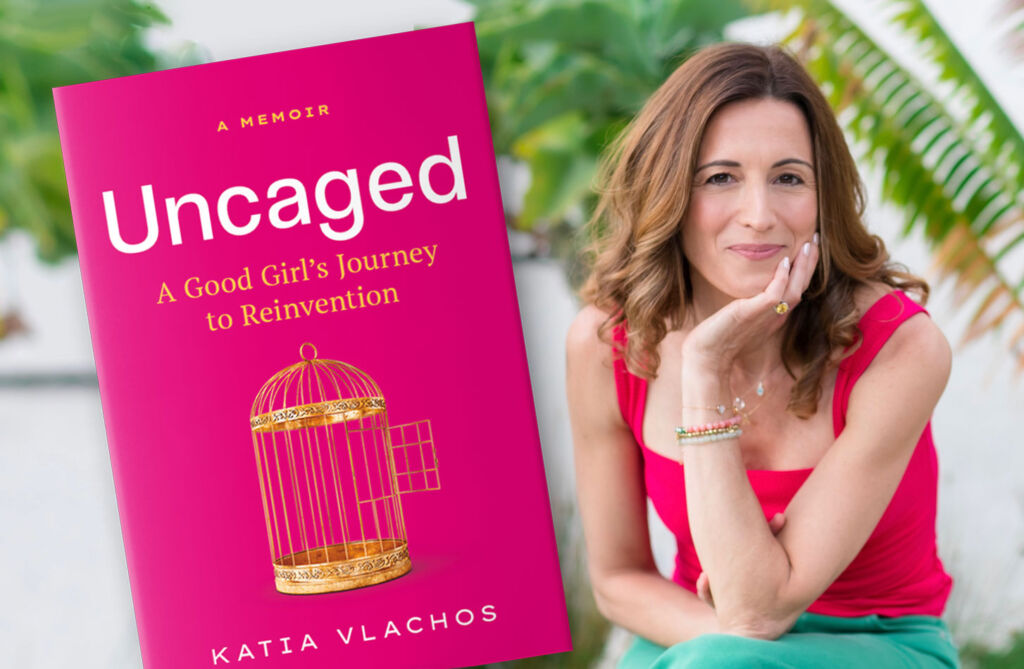For those in love, Valentine’s Day means red roses and candlelit dinners, celebration and devotion. But if you’re single, recently divorced, or healing from a breakup, this day can feel less like a celebration and more like a constant reminder of loss, loneliness, and longing.
I remember clearly one time I found myself alone on Valentine’s Day. My marriage had ended, and I was still grappling with the aftermath – adjusting to a new reality, grieving what was lost, and battling a critical inner voice that asked, Did you really try hard enough? The world around me seemed so full of love, but I didn’t seem to have any available to give myself.
It’s easy to turn against ourselves in times of heartache, to believe that if we were better, different, or more lovable, we wouldn’t be alone. Even when we’ve made the choice to leave a relationship – when we know deep down that leaving was the right decision – we often deny ourselves the compassion we’d generously give to a friend.
Instead of recognising that what we did takes courage and involves complex emotions, we beat ourselves up for our “failure.” This kind of thinking is untrue, unhelpful and even harmful.
The antidote is self-compassion – the practice of treating ourselves with the same kindness we would offer a dear friend.
Dr. Kristin Neff, a leading researcher on self-compassion, defines it as having three key elements:
- Self-kindness: Speaking to yourself with warmth instead of harshness.
- Common humanity: Recognising that suffering and imperfection are universal.
- Mindfulness: Observing painful emotions without over-identifying with them.
Self-compassion breaks the cycle of self-blame and shame, which only deepen emotional wounds. When we embrace self-compassion, we hold space for our pain (or other challenging emotions) with kindness and understanding instead of judgment, which creates the feeling of safety necessary for recovery.
When we are kind to ourselves, we also strengthen our resilience since we feel safe enough to grow from painful experiences rather than be defined by them.
How to Be Kind to Yourself This Valentine’s Day
If this day is stirring up difficult emotions for you, here are some ways to navigate it with self-compassion:
Reframe
Instead of seeing Valentine’s Day as a reminder of what you don’t have, consider what you do have: your family, the support of friends, and your own love and care. Romantic love isn’t the only kind of love that matters—self-love is just as vital, if not more. Ask yourself, How can I show up for myself today?
Speak to Yourself Like a Friend
If a close friend were struggling with heartache, would you tell them they’re unworthy or that they failed? Of course not. You’d remind them of their strengths, their beauty, and their worth. Offer yourself that same grace.
Treat Yourself
Who says Valentine’s Day gestures have to be reserved for couples? Buy yourself flowers. Cook yourself a beautiful meal. Indulge in a luxurious bath. Your relationship with yourself is the longest one you’ll ever have – and that’s worth celebrating.
Resist the Urge to Withdraw
Heartache often makes us want to hide and isolate ourselves, but it’s the exact opposite – connection – that helps us heal. Reach out to a trusted friend, spend time with loved ones, or even write a heartfelt letter to your future self, affirming all that you’ve endured and all the strength you hold within.
Accept That Healing Isn’t Linear
There will be moments when sadness resurfaces, and that’s OK. Healing is a winding path with setbacks and breakthroughs. The goal is not to never feel pain again but to meet that pain with self-compassion, knowing you are worthy of love, no matter your relationship status.
The Greatest Love of All
That night, I was sitting alone on Valentine’s Day, and I didn’t have the insight that self-compassion would be my way forward. I simply endured. But over time, I realised that instead of being stern with myself, I could choose to extend myself the kindness and empathy I so freely gave to others.
The shift didn’t happen overnight, but as I practised speaking to myself with gentleness, allowing myself space to grieve without judgment, and treating myself with the love I had always sought externally, I began to heal.
This Valentine’s Day, if you find yourself without someone to celebrate with, remember: love isn’t limited to romantic relationships – it exists in friendships, in family, in community, and most importantly, in the way you care for yourself (and these days, it’s becoming more mainstream to celebrate all kinds of love on Valentine’s Day, not just romantic love).
You are never alone. You have you. So light that candle, pour that glass of wine, and remind yourself: love begins within. And that love, when nurtured, is the most profound, unshakeable force of all.
This editorial feature was written by Katia Vlachos (below), a reinvention coach and the author of Uncaged: A Good Girl’s Journey to Reinvention.




You must be logged in to post a comment.